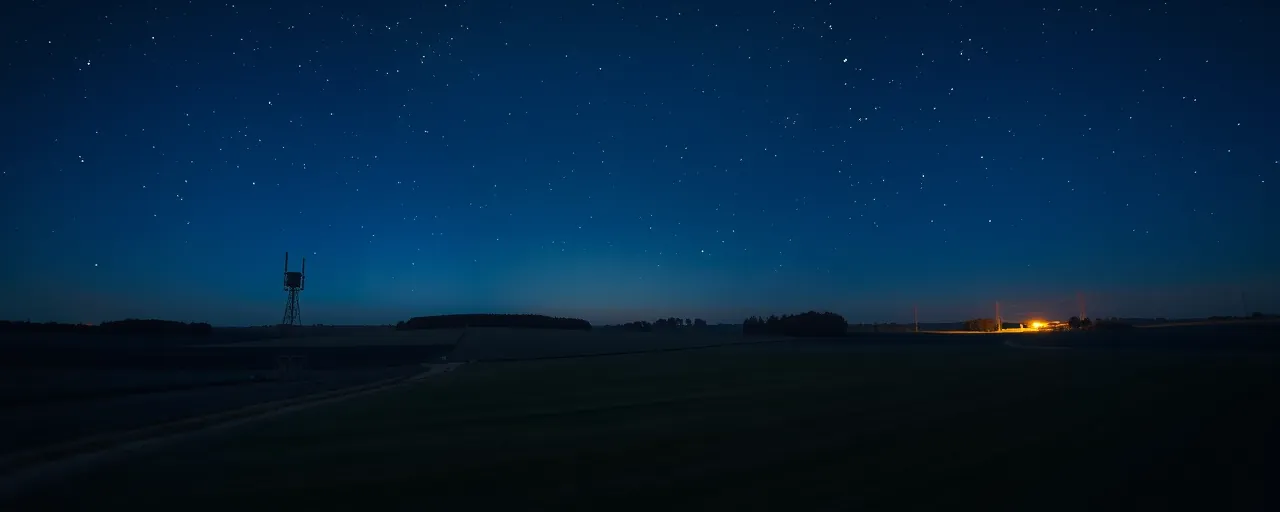A Sudden Strike Against Public Good
Last night, President Trump signed an executive order that sent a chill through the heart of American public broadcasting. By targeting NPR and PBS for defunding, the administration aims to silence voices that have informed, educated, and united communities for decades. This move isn’t just about budgets; it’s an attack on the very idea of a shared, informed public square. For those of us who value democracy, this feels like a betrayal of what makes our nation strong.
Public broadcasting isn’t perfect, but it’s a cornerstone of civic life. NPR and PBS deliver local news, educational programs, and cultural content that commercial outlets often ignore. They reach 99% of Americans, from rural towns to urban centers, offering a lifeline of information where profit-driven media falls short. To gut their funding is to dismiss the needs of millions who rely on these services for more than just headlines.
The executive order claims NPR and PBS push biased agendas, but this accusation rings hollow when you consider their track record. These outlets have spent decades building trust through rigorous journalism and inclusive storytelling. They’re not flawless, but their commitment to facts over sensationalism stands in stark contrast to the polarized echo chambers dominating today’s media landscape. Defunding them won’t fix media bias; it’ll deepen the divide.
Why Public Broadcasting Matters Now More Than Ever
NPR and PBS fill gaps that commercial media can’t or won’t touch. As local newspapers vanish, public radio and television stations remain vital sources of community news, especially in rural areas. The Corporation for Public Broadcasting, which funnels federal dollars to these outlets, allocates 70% of its budget to local stations. Without this support, many would shutter, leaving entire regions without reliable information or emergency communications.
Education is another cornerstone. PBS Kids reaches millions of children with programs that teach literacy, science, and empathy, leveling the playing field for families who can’t afford private alternatives. Ken Burns’s documentaries bring history to life, fostering a shared understanding of our past. These aren’t luxuries; they’re public goods that strengthen the fabric of our society.
In a time of rampant misinformation, public broadcasting’s independence from commercial pressures is a rare asset. Unlike cable news or social media, NPR and PBS aren’t chasing clicks or ad dollars. Their funding model allows them to prioritize depth over drama, offering a counterweight to the sensationalism that fuels polarization. The 2025 Edelman Trust Barometer shows only 44% of Americans trust media overall, yet PBS consistently ranks high for credibility, especially among those seeking balanced reporting.
The Flawed Case for Defunding
Critics of NPR and PBS argue that public funding is outdated in an era of endless media options. They point to specific stories, like NPR’s coverage of gender issues or PBS’s discussions of race, as evidence of a partisan slant. But cherry-picking examples distorts the bigger picture. Public broadcasting tackles complex, often controversial topics to reflect the diversity of American life, not to push an agenda. Their coverage of identity issues, for instance, aligns with growing public demand for inclusive representation, as seen in GLAAD’s 2023-2024 report noting record-high LGBTQ+ characters on TV.
The claim that NPR and PBS are irrelevant ignores their unique role. Commercial media thrives on spectacle, not substance. Streaming platforms and cable news cater to niche audiences, reinforcing biases rather than bridging divides. Public broadcasting, by contrast, strives for universality, serving everyone from preschoolers to seniors. Cutting their budget, which costs just $1.60 per American annually, won’t save taxpayers much but will cost communities dearly.
Opponents also argue that federal funding politicizes journalism, yet defunding is itself a political act. The executive order bypasses Congress, where funding debates belong, and undermines the Corporation for Public Broadcasting’s structure, designed to shield public media from partisan whims. If anything, this move proves why insulated funding is essential to protect journalism from political overreach.
The Real Cost of Silence
Defunding NPR and PBS won’t just hurt listeners and viewers; it’ll weaken democracy itself. Local news, already on life support, will take the hardest hit. Without public stations, many communities will become news deserts, vulnerable to misinformation and disconnected from civic life. Rural areas, where internet access can be spotty, will lose a trusted source of emergency alerts and local reporting.
The timing of this order is particularly alarming. Political polarization is at historic highs, with a 2023 AP survey showing 60% of one party’s voters distrusting news media entirely. NPR and PBS, for all their imperfections, offer a shared space where diverse voices can be heard without the vitriol of partisan outlets. Dismantling them now risks further fracturing our already divided nation.
A Call to Defend What’s Ours
The fight for public broadcasting is a fight for an informed, connected America. NPR and PBS aren’t just media outlets; they’re public trusts that belong to all of us. Their funding, modest by global standards, is an investment in education, community, and truth. To let them fall is to surrender to a media landscape ruled by profit and division.
Legal challenges may delay the executive order’s impact, but the threat is real. We must demand that Congress protect public broadcasting’s funding and independence. Our democracy depends on a public square where facts matter and voices from all corners are heard. NPR and PBS aren’t perfect, but they’re worth fighting for, because a nation without them is a nation less free.
